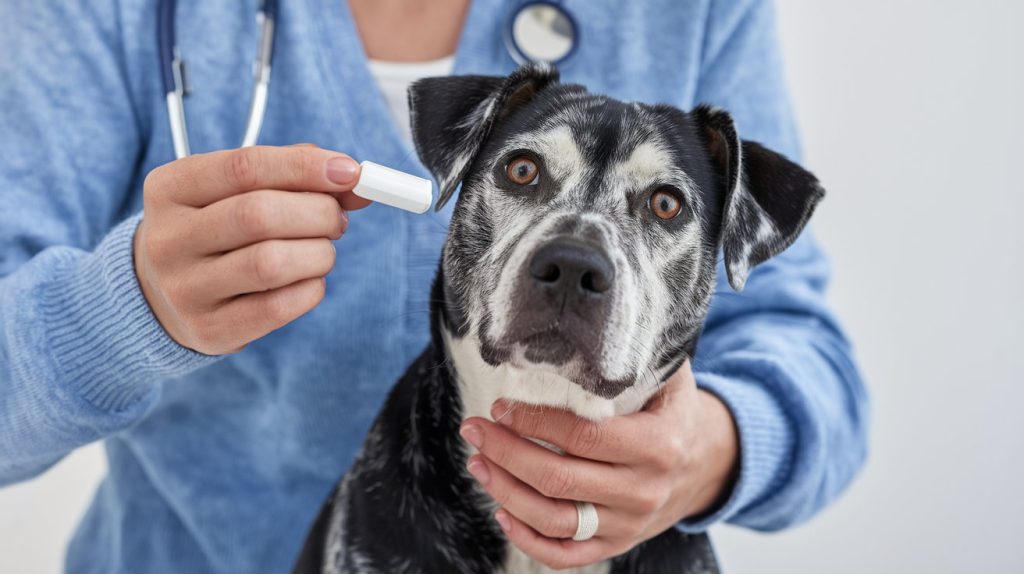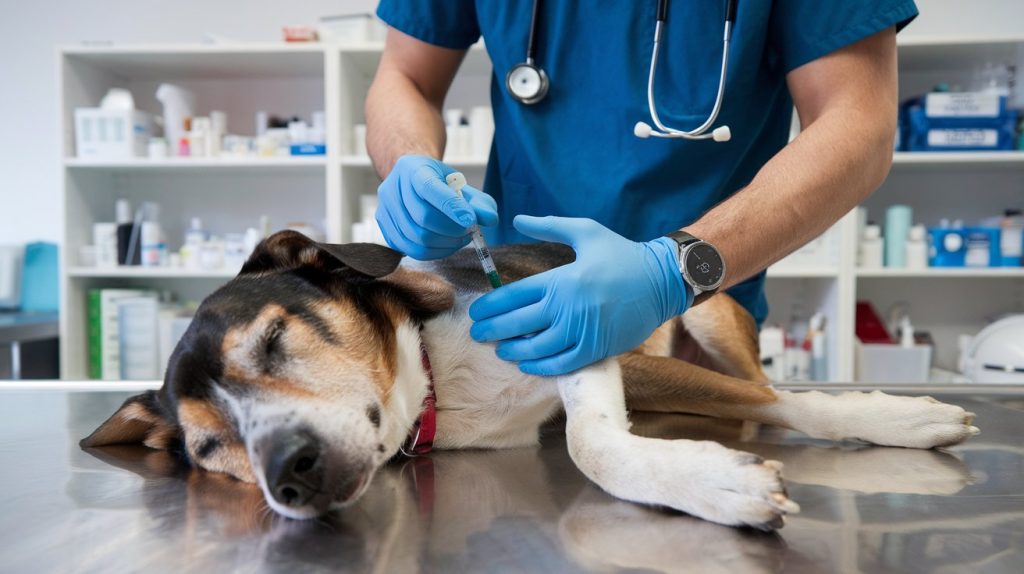Table of Contents
ToggleIntroduction
You’re not alone if you’ve ever caught your dog yawning repeatedly and wondered what it means. Many pet owners notice this behavior and question if it’s normal or if it signals something deeper. In this article, we’ll dive into the reasons Why Does My Dog Yawn So Much? explore potential concerns, and provide actionable insights to ensure your furry friend stays happy and healthy.
For more valuable tips on understanding and caring for your dog, visit Value Dog Food, a trusted resource for canine nutrition and behavior. Also, if you’re curious about sharing human treats with your dog, check out their article on Can Dogs Eat Popcorn with Butter? to learn the risks and benefits of this popular snack.
What is Yawning?

Yawning is a natural reflex involving the opening of the mouth, a deep inhalation, and often a brief moment of stillness. While yawning is common across many species, its purpose isn’t fully understood. For dogs, yawning can serve several roles, ranging from physiological needs to emotional expressions.
How Dog Yawning Differs from Human Yawning
Humans often yawn due to tiredness, boredom, or a contagious response. While dogs share some of these triggers, their yawns also serve as a form of communication. Understanding these differences is crucial to interpreting your dog’s behavior accurately.
Why Does My Dog Yawn So Much? Common Reasons for Dog Yawning
1. Communication and Social Signals
Dogs use yawning as a way to communicate with their environment. For example:
Signaling Calmness: In social situations, yawning can be a way for your dog to show they are non-threatening. This often occurs during interactions with other dogs or unfamiliar people.
Defusing Tension: A dog might yawn to calm themselves or others in stressful scenarios, like meeting a larger dog or encountering a loud environment.
Anecdote:
Imagine taking your dog to the park for the first time. As they approach a group of dogs, they yawn. This could be their way of saying, “I’m friendly, not a threat.”
2. Mimicking Behavior
Dogs are highly attuned to their owners and surroundings. Yawning can be contagious for them, much like it is for humans. If you yawn, your dog might do the same in response.
3. Boredom or Fatigue
Yawning is often a sign of tiredness or boredom. If your dog has been lounging around or hasn’t had much mental stimulation, a yawn might simply mean they’re ready for a nap or some excitement.
Yawning as a Stress Indicator

While yawning is typically harmless, excessive yawning can be a sign of stress. Understanding these signs is key to addressing your dog’s emotional health.
Signs of Stress-Related Yawning
Frequent yawning during new experiences.
Paired behaviors like lip licking, pacing, or avoiding eye contact.
Specific triggers such as car rides, loud noises, or meeting strangers.
Common Stress Triggers for Dogs
Veterinary Visits: The unfamiliar smells, sounds, and interactions can be overwhelming.
New Environments: Moving to a new home or visiting a busy park might cause stress.
Separation Anxiety: Dogs left alone for long periods may yawn out of anxiety.
Medical Concerns: When to Worry About Excessive Yawning
ccasional yawning is normal, but if your dog yawns excessively, it might indicate a medical issue. Pay attention to these warning signs:
1. Signs of Pain or Discomfort
Yawning can be a subtle indicator of pain. For example, dental issues or jaw discomfort might cause your dog to yawn frequently.
2. Neurological Issues
Rarely, excessive yawning can point to neurological conditions. If accompanied by other symptoms like disorientation or difficulty walking, consult your vet immediately.
3. Respiratory Problems
Yawning could indicate difficulty breathing, especially if paired with panting or wheezing.
When to Consult a Vet
A sudden increase in yawning frequency.
Yawning is accompanied by other unusual behaviors.
Physical symptoms such as drooling, lethargy, or changes in appetite.
How to Address Excessive Yawning

Why Does My Dog Yawn So Much? If you’ve identified a pattern of excessive yawning, there are steps you can take to ensure your dog’s well-being.
1. Reduce Stress and Anxiety
Create a Safe Space: Ensure your dog has a quiet, comfortable area to retreat to when feeling overwhelmed.
Gradual Exposure: If certain situations trigger stress, expose your dog to them gradually to build their confidence.
Use Calming Aids: Products like calming sprays, collars, or treats can help.
2. Provide Mental and Physical Stimulation
Interactive Toys: Puzzle toys and treat dispensers keep your dog mentally engaged.
Regular Exercise: Daily walks, play sessions, and off-leash time can prevent boredom.
Training Sessions: Teach new commands or tricks to stimulate their mind.
3. Maintain a Healthy Routine
Consistent Schedules: Regular feeding, walking, and playtimes help reduce anxiety.
Veterinary Care: Keep up with check-ups to rule out medical issues.
Conclusion: Why Does My Dog Yawn So Much?
So, why does my dog yawn so much? Yawning is a natural and fascinating behavior in dogs. While it’s often harmless, it can also serve as a window into their emotional and physical well-being. By paying attention to the context and frequency of your dog’s yawns, you can better understand their needs and ensure they live a happy, stress-free life.
Key Takeaways:
Occasional yawning is normal and often tied to communication, boredom, or mimicry.
Excessive yawning might signal stress, anxiety, or medical issues.
Address potential causes through stress reduction, stimulation, and regular vet check-ups.
Remember, if you ever notice unusual or excessive yawning accompanied by other symptoms, don’t hesitate to consult your vet. Understanding your dog’s behavior is a rewarding journey that strengthens the bond you share.



